EDITORIAL: When will Sac State stop doing the bare minimum in protecting students?
SacSend email sent Tuesday adds to a history of lack of transparency
Claire Morgan - The State Hornet
Campus crime logs revealed that an alleged act of sexual assault occurred in the American River Courtyard on Sept. 15. Sac State did not send out a timely warning, but students deserved to be alerted.
October 10, 2018
Sacramento State has a history of following the bare minimum requirements in regards to human health and safety — but when it comes to sexual assault on campus property by a student, the bare minimum is absolutely not enough.
A message addressing a sexual assault incident that occurred on campus that emphasized that the campus is going to continue doing the bare minimum was signed and sent via SacSend by Sacramento State President Robert Nelsen on Tuesday.
Campus officials, including President Nelsen and members of the Sac State Police Department, have been under scrutiny after choosing not to notify campus members about a sexual assault case that occurred on Sept. 16 in the American River Courtyard residence hall.
The sexual assault was reported in crime logs, but members of the campus community were generally made aware of the incident after a Sept. 30 article written by The State Hornet and accompanying editorial that reprimanded the department for their lack of care in updating students and advocated for more transparency in campus crime updates.
A group of students from multiple campus organizations gathered in the Library Quad on Oct. 4 for a rally to call for accountability and transparency in the wake of the incident. The group delivered a letter that included a list of demands for campus administration to Nelsen’s office, though his staff said he was out of town.
The president’s message to the campus explains the reason Sac State Police Department did not issue a timely warning notification, or TWN: because they legally did not have to, and they did not believe there was a threat to campus safety.
The Clery Act mandates that emergency notifications be sent to the campus community, but only when the campus police department determines that there is a severe threat to campus security, according to the Clery Center.
“The Act also allows universities to refrain from issuing a TWN ‘if there is clear and convincing evidence that the release of the information would (A) Jeopardize an ongoing criminal investigation or the safety of an individual; (B) Cause a suspect to flee or evade detection; or (C) Result in the destruction of evidence,’” the message reads. “In this case, police determined that issuing the TWN might have interfered with apprehension of the suspect.”
In addition, the message adds, “The lieutenant on duty concluded the assault was an isolated incident between two people who knew each other, and not a random attack by one stranger upon another that might put other members of the campus community in danger. Therefore, under Clery Act guidelines, a TWN was not necessary.”
Are you joking, Sac State? A notification of a sexual assault on campus was not necessary because it was “an isolated incident between two people who knew each other.” With seven out of 10 sexual assaults occurring with the victim knowing their perpetrator, how many sexual assaults will our campus not be made aware of?
Sure, we may not have needed a Timely Warning Notification as soon as campus police got information about the incident, but a notification once campus police made contact the suspect would have been much better than absolutely nothing at all.
Students deserve to know what crimes are occurring on campus, no matter the severity or if it’s “an isolated incident between two people who knew each other.” Students need to be aware of what dangers they may face on a campus that has seen a spike in crime: multiple instances of smash and grab break-ins, an attempted armed robbery, a fight at a football game and a potential drugging have all happened on campus since the semester started in August.
This lack of general care for the safety of students isn’t new for Sac State. Whether it was inviting the President of Ghana to campus despite his country’s negative history of human rights, failing both health and safety inspections, not looking into greek life infractions outside of complaints, or having water filled with lead, the campus has always been filled with a false illusion that everything is OK.
When will Sac State officials actually do more than what is legally required of them? Sure, they technically followed the rules on this one. But that doesn’t mean that they did the right thing by any means.
It’s one thing for a university to follow the legal rules, but it’s another to actually foster a community of safety and transparency. Sac State needs to do more in order to make its students feel safe and comfortable in a place that they are paying thousands of dollars to attend — like maybe sending out notifications when their students are sexually assaulting people on campus?
If the administration makes the claim that campus and student safety are high priority, students need to be aware of what’s actually going on. As Nelsen states in the email, “I want to assure you that Sacramento State police and I, personally, take allegations of sexual assault seriously.”
With campus administration’s history of a complete lack of transparency, it’s hard to take this seriously.
But as Nelsen says, we “pay for what [we] get.”


























































































































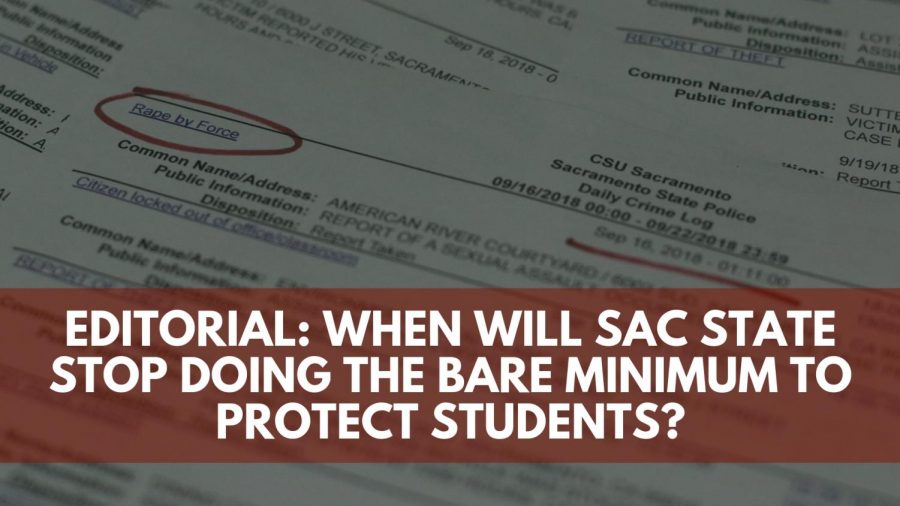

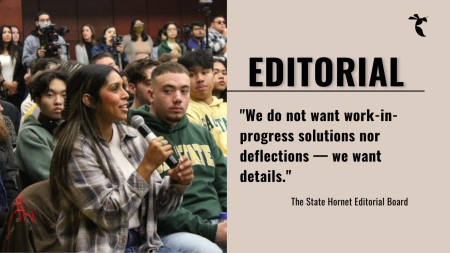
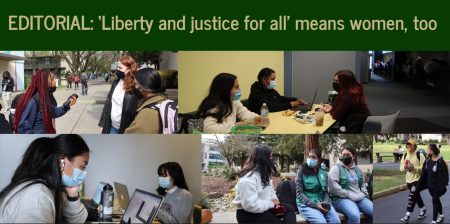

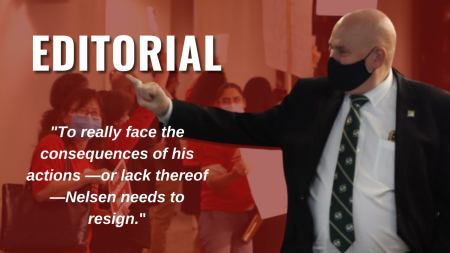

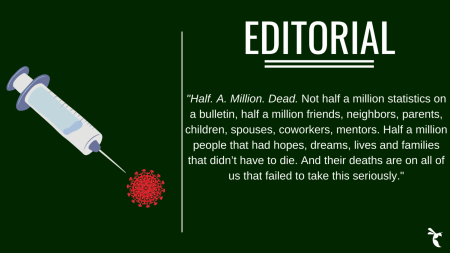

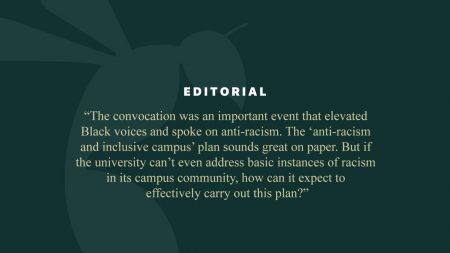
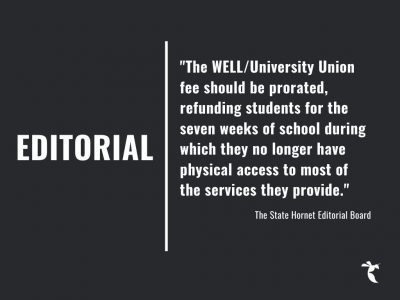
Emily • Oct 11, 2018 at 11:09 pm
As a survivor, I find this lack of care to be very alarming. They don’t care about victims, they don’t care about punishing actual rapists, and they don’t care about warning everyone else so we can be safe. Absolutely disgraceful. Shame on President Nelson and all involved in this clusterf—.
Lili • Oct 10, 2018 at 10:12 pm
As a parent of a student at Sac I also want to know of these events and what Sac State leadership and police department are doing about them!